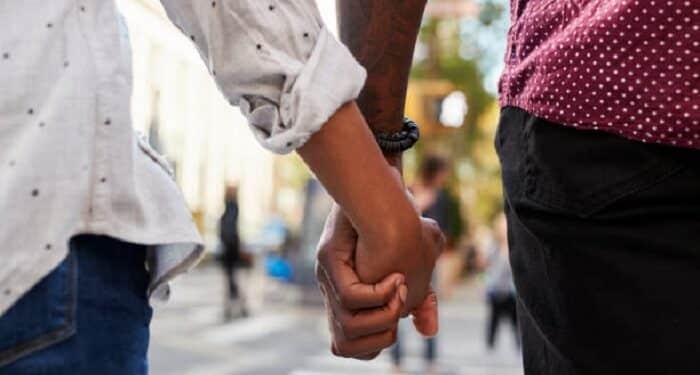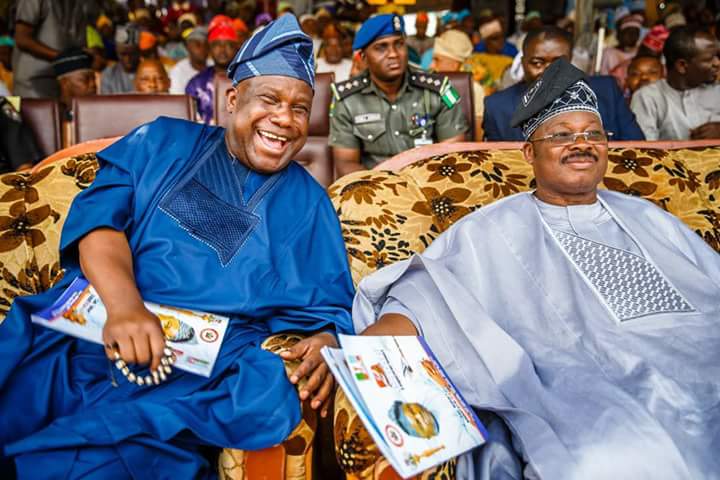Many people quickly consider love as complicated, or at the very least, “sometimes complicated.” Suffice it to say that part of love’s complications stems from the fact that it can be challenging when the person you love doesn’t feel the same way, or when they do, but your relationship fails to take off.
Love also appears complicated because it takes different forms, and you might not immediately recognize which type of love you’re feeling.
You might be gripped by the herculean task of deciphering your feelings and trying to identify exactly which type of love you feel, but we’re here to help.
Keep reading to learn how to tell these related, but still uniquely different, experiences apart.
How we love
Love doesn’t always look the same. Sometimes, it progresses through specific stages.
When you first fall in love, it often feels more like infatuation, accompanied by excitement and nervousness. And is it mutual? The euphoric bliss many experience can keep you and your partner wrapped up in each other. Over time, the initial feeling of falling in love often evolves into a more stable and lasting bond.
Higher-than-usual hormone levels drive the intensity of these early feelings. Eventually, these surging feelings often settle into a deeper affection with the help of oxytocin, a hormone that plays a role in attachment.
What does being in love mean?
Perhaps you fall in love with someone you’ve just met, only to discover that the initial rush of love has clouded your perception. As the initial intensity subsides, your emotions wane without establishing a lasting connection.
You can also develop romantic love without experiencing euphoric, heart-pounding excitement. Someone who falls for their best friend, for example, might notice their long-standing platonic love become more romantic and sexually charged almost overnight.
And, of course, the love you feel for friends, or platonic love, can still run pretty deep—even though it doesn’t involve any romantic or sexual attraction.
How do you know when you’re in love?
People often talk about love as if everyone experiences it the same way, but life experiences and relationship history can alter the course of “typical” romantic attraction.
If you’ve experienced relationship abuse or betrayal, you might feel cautious about letting your guard down again. This could temper the feelings of euphoria and impulsivity that often accompany the first stages of love.
In short, while there’s no single way to fall in love, you’ll probably notice a few key physical and emotional signs:
Your thoughts return to them regularly
Maybe you frequently reflect on your last interaction or plan your next meeting. You want to tell them about your daily experiences: the great, the awful, and the ordinary. If they’re having a hard time, you may worry about their difficulties and brainstorm ways to help.
When spending time with family and friends, you might often talk about them and imagine how much your loved ones will like them, too.
You feel safe with them
Trust is generally a key component of love. If you’ve experienced relationship trauma or heartbreak before, you might assign particular importance to this sense of emotional safety. You might notice your tension relax when you see them, much like when you return home after a long day.
It’s normal to want to protect yourself from pain. Feeling safe enough with someone to trust them with your weaknesses or vulnerabilities often suggests developing love.
Life feels more exciting
The surge of hormones linked to love can intensify the excitement, especially when anticipating their return. Time seems to pass quickly when you’re together, but it slows down significantly once they depart. You might even notice renewed energy and interest in the mundane things you do every day. Folding laundry? Taking a walk? So much more fun when you’re in love (especially when they’re nearby).
You want to spend a lot of time together
Loving someone often means wanting to spend plenty of time with them, so you might find yourself craving their company more than ever before.
You might leave their company feeling somewhat unsatisfied as if the time you spent together wasn’t enough. You may not care much about what you do together, simply that you are together. Another key sign? Your interest in spending time with them doesn’t depend on their mood or energy level. Even when they feel sad, cranky, or frustrated with life, you still want to show up and offer support.
You feel a little jealous of other people in their life
Jealousy is an emotion like any other. Generally speaking, it’s what you do with jealousy that matters. Talking about your feelings never hurts, but you might want to skip the digital snooping and social media stakeout. When you love someone, you might fixate on the other people they spend time with and wonder about their relationship with each other or worry about potential threats to your love, such as an attractive co-worker they mention regularly or an old flame who’s still part of their life. Generally speaking, these worries tend to fade as trust develops.
You feel compassion for them
When you love someone, you’ll develop strong compassion for them. The powerful urge to be connected to this person brings new aspects to your relationships, such as emotional or physical intimacy, passion, and a desire to know everything about them and be known by them in return.
You may also want to be cared for or care for your partner.











